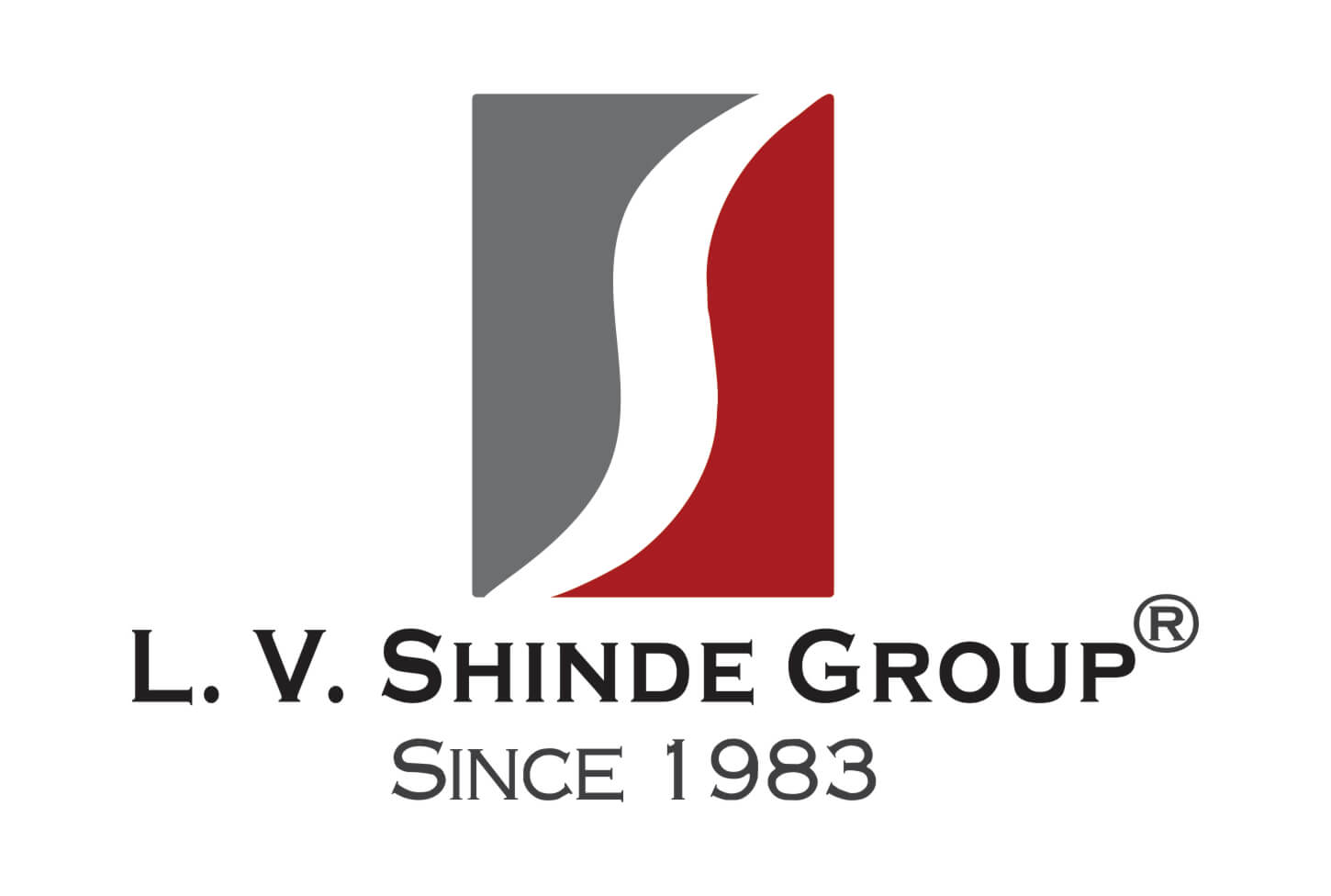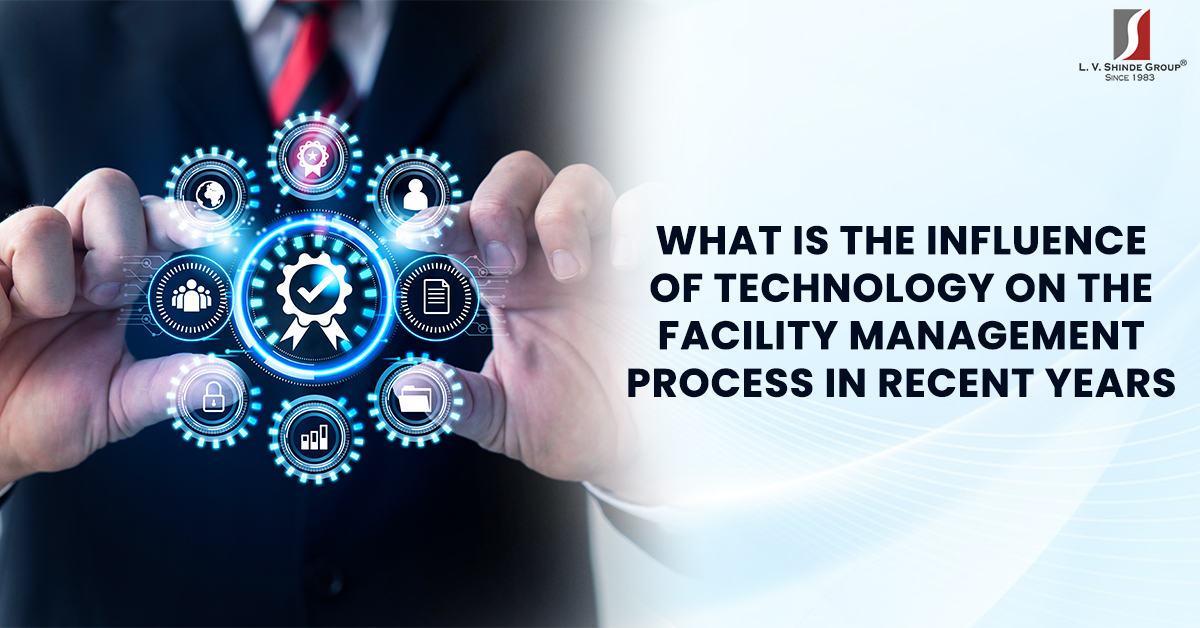What Is The Influence Of Technology On The Facility Management Process In Recent Years?
Evolution of Facility Management and Technology
Over the years, facility management has undergone a significant transformation, largely driven by advancements in technology. These innovations have revolutionized the way facilities are managed, leading to increased efficiency, productivity, and sustainability.
Here are some key technological innovations that have shaped the evolution of facility management:
1. Internet of Things (IoT):
IoT technology has enabled the interconnectivity of devices and sensors, allowing facility managers to monitor and control various aspects of a facility in real time. This includes monitoring energy consumption, occupancy levels, security systems, and equipment performance, leading to proactive maintenance and efficient resource utilization.
2. Cloud Computing:
The adoption of cloud computing has facilitated streamlined data management, enhanced collaboration, and remote access to critical facility information. Facility managers can now securely store and access data, track maintenance activities, and generate comprehensive reports, regardless of their physical location.
3. Artificial Intelligence (AI) and Machine Learning:
AI and machine learning algorithms have the potential to transform facility management processes. These technologies can analyze vast amounts of data, identify patterns, and make predictive recommendations for optimizing energy consumption, space utilization, and maintenance scheduling.
4. Mobile Applications:
Mobile apps have empowered facility managers to access information and perform tasks on the go. They can receive real-time notifications, manage work orders, track inventory, and communicate with stakeholders, improving operational efficiency and response times.
Influence of Technology on Facility Management Processes
The integration of technology into facility management processes has had a profound impact on various aspects of operations.
Here are some key ways in which technology has influenced facility management:
1. Data-Driven Decision-Making:
Technology has enabled the collection and analysis of vast amounts of data, providing facility managers with valuable insights for decision-making. They can identify trends, evaluate performance metrics, and make informed choices to optimize resource allocation and enhance operational efficiency.
2. Predictive Maintenance:
With the help of IoT sensors and AI algorithms, facility managers can predict equipment failures and schedule maintenance activities proactively. This approach minimizes downtime, extends asset lifecycles, and reduces costs associated with reactive maintenance.
3. Energy Management and Sustainability:
Technology solutions have enabled precise monitoring and control of energy consumption within facilities. Real-time data on energy usage helps identify areas of inefficiency, implement energy-saving measures, and support sustainability initiatives, reducing both costs and environmental impact.
4. Space Utilization Optimization:
Through IoT sensors and occupancy tracking systems, facility managers can gain insights into space utilization patterns. This information allows for effective space planning, optimizing the allocation of resources and enhancing employee productivity.
5. Enhanced Security and Safety:
Technology advancements have bolstered security measures in facilities. Access control systems, surveillance cameras, and AI-based analytics can help identify potential security threats and mitigate risks. Additionally, automated alerts and emergency response systems enhance the safety of occupants during critical situations.
Challenges and Considerations in Adopting Technology in Facility Management
While technology brings numerous benefits to facility management, there are also challenges and considerations that organizations must address.
Some key challenges include:
1. Initial Investment:
Adopting new technologies often requires a significant upfront investment. Organizations need to carefully evaluate the costs and benefits to ensure a positive return on investment over the long term.
2. Integration and Compatibility:
Integrating new technologies with existing systems and infrastructure can be complex. Compatibility issues and the need for data synchronization may arise, requiring careful planning and coordination.
3. Staff Training and Change Management:
Implementing new technologies involves training facility management teams to effectively utilize the tools and adapt to new processes. Change management strategies should be in place to ensure a smooth transition and minimize resistance to change.
4. Data Security and Privacy:
With increased reliance on technology and data, maintaining robust security measures and ensuring compliance with data protection regulations are paramount. Organizations must prioritize data security and privacy to safeguard sensitive information.
Future Trends and Emerging Technologies
The future of facility management holds exciting possibilities as technology continues to advance. Some emerging trends and technologies to watch out for include:
1. Robotics and Automation:
The use of robots for routine tasks such as cleaning, maintenance, and security patrol is gaining traction. Robotic process automation (RPA) can also streamline administrative tasks and enhance operational efficiency.
2. Augmented Reality (AR) and Virtual Reality (VR):
AR and VR technologies offer immersive experiences for facility planning, design, and maintenance. They enable virtual walkthroughs, remote inspections, and training simulations, enhancing collaboration and reducing the need for physical presence.
3. Blockchain:
Blockchain technology has the potential to revolutionize facility management by providing a secure and transparent platform for managing contracts, transactions, and asset records. It can streamline processes, enhance accountability, and reduce fraud.
4. Sustainable Solutions:
As sustainability becomes increasingly important, technologies focused on energy efficiency, renewable energy generation, waste management, and green building design will play a crucial role in facility management.
The effective combination of people, processes, and technology is essential for successful facility management. Leveraging technology empowers facility managers to optimize operations, improve productivity, and achieve sustainability goals. By embracing emerging technologies and addressing associated challenges, organizations can stay ahead in an ever-evolving facility management landscape.
Maximize Efficiency with Supreme Facility Management
At Supreme Facility Management (SFM), we understand the importance of integrating people, processes, and technology to deliver exceptional facility management services. Our expertise in leveraging technology, coupled with our dedicated team of professionals, allows us to streamline operations, enhance productivity, and ensure sustainable practices.
Contact SFM today to discover how we can maximize efficiency and elevate your facility management experience.


